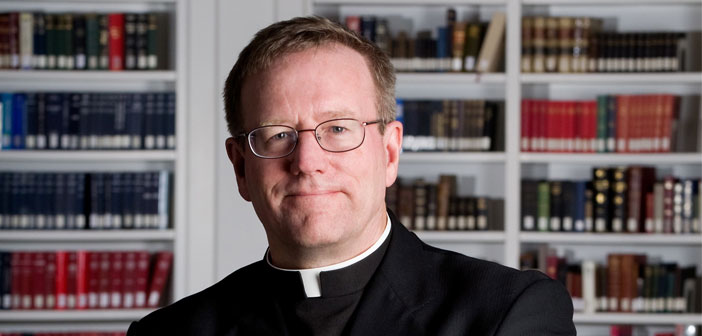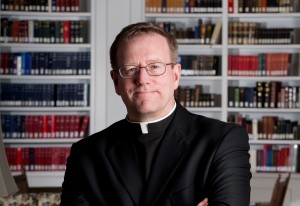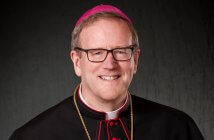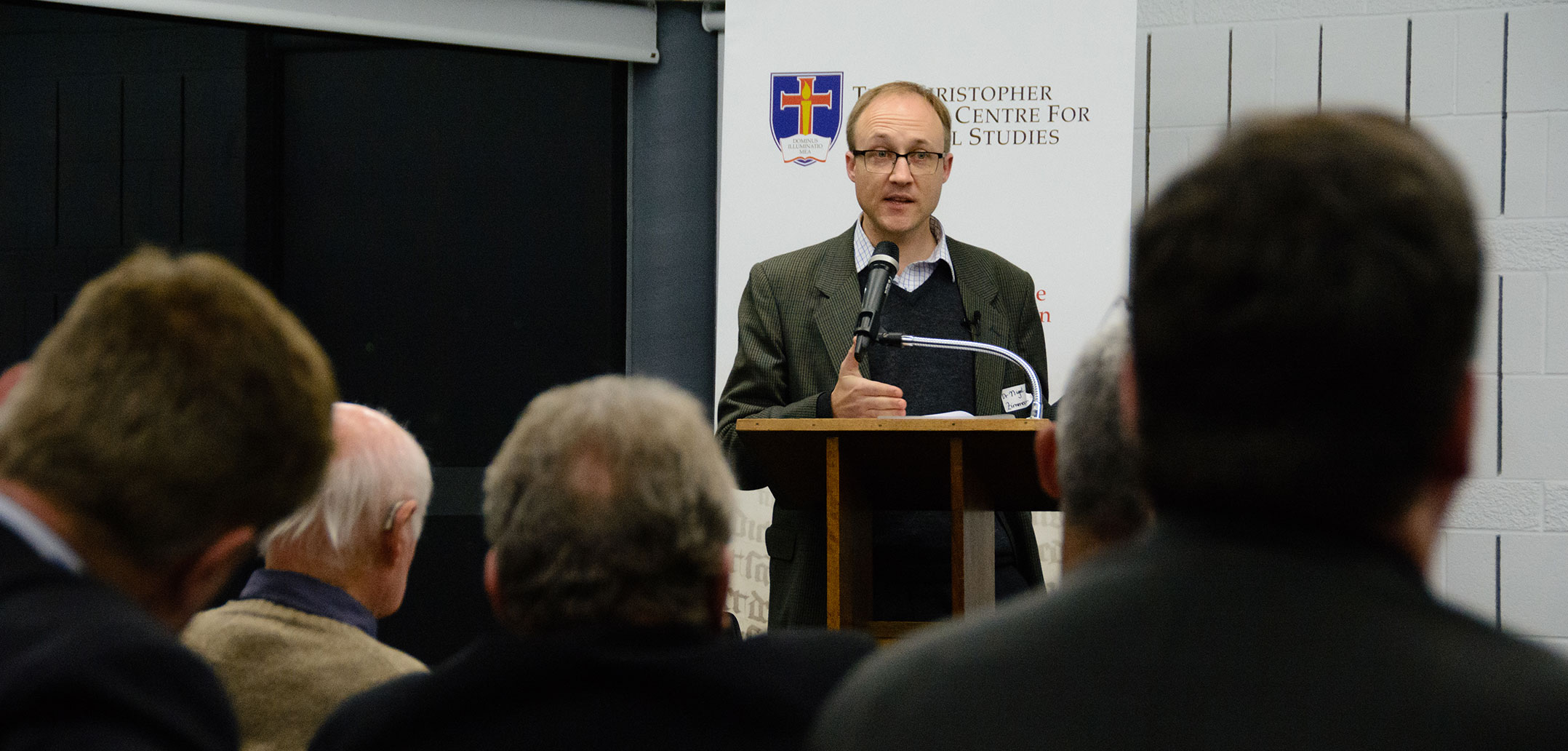On the 25th of January, the church celebrates the great feast of the conversion of St. Paul, and this celebration provides the occasion for thinking about who we are as followers of Jesus Christ. As I have often complained, most of us Christians in the West more or less follow the protocol of the secular society, which dictates that religion is an essentially private matter, something that individuals can cultivate for their own personal edification—but decidedly not something that ought to show up in the public arena. Well, it’s perfectly impossible to understand the meaning of Paul’s conversion under that distinctly modern rubric. Luke’s Acts of the Apostles—in the ninth chapter of which the story of Paul’s initial encounter with Jesus can be found—is all about how the first Christians bore the message and power of Jesus to the ends of the earth, and how they got into quite a bit of trouble doing it.
To grasp the significance of the conversion of Paul, we must turn to the very end of the Gospel of Luke where we read that, after the ascension of Jesus, the disciples “returned to Jerusalem with great joy; and they were continually in the temple praising God.” One of the deepest and most abiding hopes of ancient Israel was that a Davidic Messiah would come and purify the holy temple in Jerusalem, making it a place of rightly ordered praise. Luke is telling us here that the church—the mystical body of Christ—is this new temple. And this is also why in the beginning of the Acts of the Apostles, the disciples are so often in and around the temple: Peter and John cure a lame man who was being carried into the temple through the Beautiful Gate; the disciples are arrested in the temple precincts; and “every day in the temple…they did not cease to teach and proclaim Jesus as the Messiah” (Acts 5: 42). They were convinced that in Jesus, risen from the dead, God had purified and re-established the place of right praise; and this was of tremendous moment, for the Old Testament prophecies had stated that once the temple was restored, the nations could stream toward Jerusalem. Israel understood itself as the people specially chosen by God—but for the sake of the world. Formed by the true God in right doctrine, right praise, and right action, Israel would become a magnet for the rest of the nations: “The Lord’s mountain” (where the temple is found) will be raised above all the other hills—and to it all nations will come,” Isaiah had prophesied.
Now the story of Paul’s conversion follows immediately upon this account of the Ethiopian eunuch, and it has much the same import. After knocking Paul to the ground and blinding him, the Lord appeared to Annanias and said in regard to the former persecutor of the church: “Go, for he is an instrument whom I have chosen to bring my name before the Gentiles…” Paul’s entire mission and purpose will be to carry the God of Israel to the world, or to switch the metaphor, to bring all the nations to Jerusalem. And Paul fulfills this charge by preaching everywhere and anywhere he could: in Cyprus, Ephesus, Athens, Corinth, Phillipi, Thessalonica, even in Rome itself. Indeed, the Acts of the Apostles end with Paul proclaiming Christ in Rome and, by implication, through Rome to all the world.
How wonderful that those who are reading these words are residing on a continent that Paul never even dreamed existed. And yet you know about Jesus because of Paul; you are being invited to worship the God of Israel because Paul and his colleagues had the courage to proclaim him. In Greek, the title of the book we’ve been considering is not “Acts of the Apostles” but simply “Acts of Apostles.” The implication is clear: the very acts in which those first apostles engaged are the acts in which we twenty-first century apostles must engage. We must overcome our propensity to privatize and interiorize our Christianity and we must, in charity and non-violence, carry the message of Jesus to the nations.





